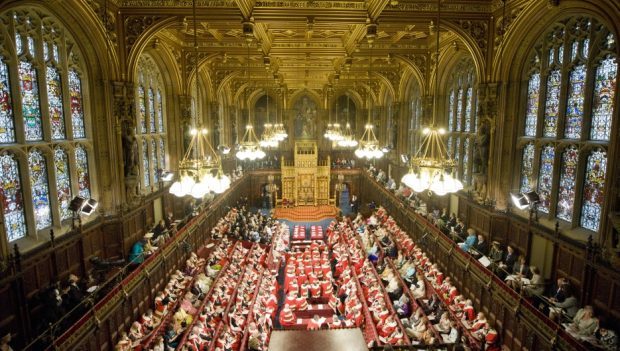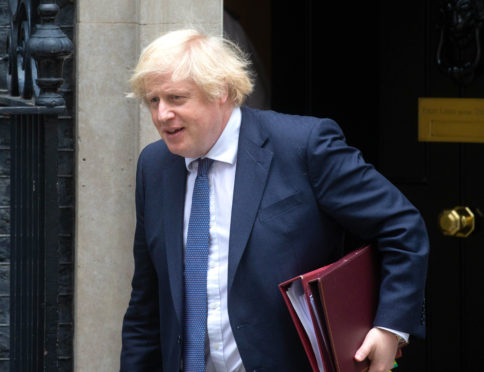An attempt to give Parliament a say in selecting future prime ministers has been blocked by Tory MPs.
SNP Cabinet Office spokesman Pete Wishart, bringing forward the proposal, said any prime minister should first be able to demonstrate that they have the confidence of the Commons.
The Prime Minister (Nomination) and Cabinet (Appointment) Bill was brought forward after Theresa May and Boris Johnson both previously first assumed office without a general election.
Mr Wishart explained that the Bill would have been triggered by any general election, the Queen accepting a prime minister’s resignation, the prime minister’s office becoming vacant for reasons other than resignation, such as death, or if they were to stop being an MP.
The Bill was, however, blocked from progressing after being defeated in the Commons by 115 votes to 55, majority 60, with Tory MP Peter Bone warning it could have meant the Speaker determining who would become prime minister.
Boooo…..! Beaten by the Brexiteers. I'm destined to never get a 10 minute bill through. https://t.co/DVV42Y3IrT
— Pete Wishart (@PeteWishart) July 1, 2020
Mr Wishart, using a 10-minute rule motion, told the Commons: “Since 2015, the UK has had two prime ministers appointed outside of a general election, determined exclusively by the membership of the Conservative Party of the United Kingdom.
“And looking at the current incumbent, we could only surmise at the efficacy and the good sense inherent at the current arrangements.
“This House must never again have an unelected prime minister forced upon it.”
The Perth and North Perthshire MP added: “A prime minister must be able to demonstrate that she or he has the confidence of this House at the inception of his or her premiership.”
Mr Bone suggested the Bill could have meant Labour’s former leader, Jeremy Corbyn, heading a Conservative government, he said: “What would have happened when Theresa May resigned if that proposition was in place and we had John Bercow in the chair?
“It would not have been impossible to see the situation where the opposition combined to vote for Jeremy Corbyn and maybe one or two disenchanted Conservatives joined that vote.
“We would be proposing to the Queen that Mr Corbyn was prime minister of a Conservative government.
“It’s a nice try but, honestly, that doesn’t work.”
What is a 10-minute rule bill and have any ever passed?

A 10-minute rule bill is a chance for an MP to bring forward a new law or law change, independent of the UK Government.
On Tuesdays and Wednesdays, after business in the Commons gets under way with departmental questions and any ministerial statements, 10 minutes is set aside for an MP to introduce a bill of their own.
If the bill is approved by the Commons at this first reading stage, it joins the queue of private members’ bills waiting to receive a second reading.
Navigating a bill through Commons votes and amendments is notoriously tough and the majority of independent bills are destined never to be passed – unless the UK Government gives support at a later stage or there is a groundswell of public opinion in favour.
In the sixties Labour MP Sydney Silverman successfully steered the Murder (Abolition of Death Penalty) Act through and, in more recent times, the UK Government made “upskirting” a crime after huge public support for Lib Dem MP Wera Hobhouse’s 10-minute rule bill on the matter.
